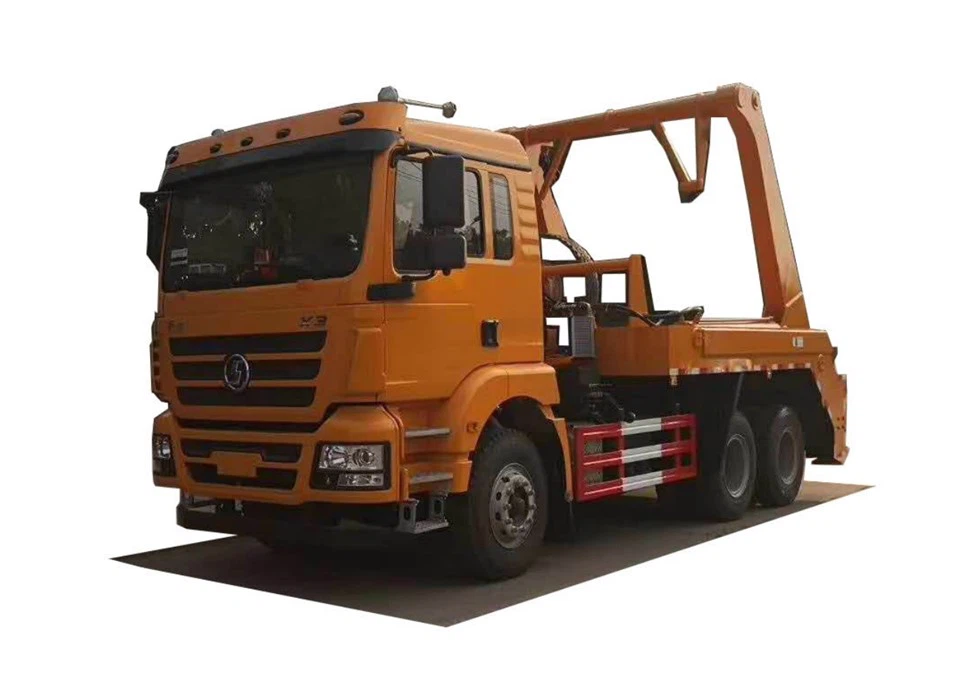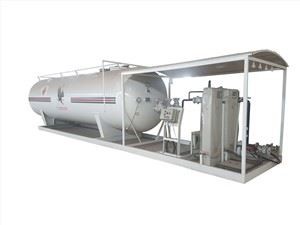Best Lightweight Travel Trailers: A Comprehensive Guide

Are you ready to hit the road and explore new destinations with ease? Lightweight travel trailers offer the perfect solution for adventurers who desire portability without sacrificing comfort. In this article, we will cover everything you need to know about the best lightweight travel trailers, helping you make an informed decision for your next camping adventure.
What Are Lightweight Travel Trailers?
Lightweight travel trailers are specifically designed for easy towing, often weighing between 1,500 and 5,000 pounds. These trailers allow for a better fuel economy when towing and can often be pulled by smaller vehicles, making them an excellent option for beginner RVers and seasoned travelers alike.
Benefits of Choosing Lightweight Travel Trailers
1. Easier to Tow
One of the most significant advantages of lightweight trailers is their ease of towing. They can be towed by most SUVs and mid-sized trucks, reducing the need for larger, more gas-guzzling vehicles.
2. Better Fuel Efficiency
Since lighter trailers require less power to pull, you’ll enjoy better fuel efficiency, saving you money on gas during your travels.
3. Lower Cost
Lightweight travel trailers can be more affordable than larger models, both in initial purchase and maintenance costs.
4. Maneuverability
The smaller size and weight of these trailers make them easier to maneuver in tight spots, such as campgrounds or urban settings.

5. Variety of Styles and Layouts
You can find various styles of lightweight trailers, including teardrop campers, pop-up campers, and traditional travel trailers, catering to different preferences.
Key Features to Look for in Lightweight Travel Trailers
1. Weight Specifications
Always check the dry weight of the trailer and ensure it falls within your vehicle’s towing capacity. Consider payload and cargo weight as well.
2. Interior Amenities
Depending on your comfort level, look for trailers that offer bathrooms, kitchens, and sleeping areas suited to your needs.
3. Storage Solutions
Good storage options allow you to carry all essential gear without cluttering your living space. Look for trailers with cabinets, under-bed storage, and exterior compartments.
4. Towing Features
Features like an integrated braking system, weight distribution hitches, and adjustable axles can greatly enhance your towing experience.
5. Durability
Check the construction of the trailer. Materials like aluminum and fiberglass are lighter and more durable than wood alternatives.
Top 10 Best Lightweight Travel Trailers in 2023
| Model | Weight (lbs) | Length (ft) | Sleeping Capacity | Price Range |
|---|---|---|---|---|
| Forest River R-Pod | 2,700 | 20 | 2-4 | $18,000 – $24,000 |
| Jayco Jay Flight SLX | 3,145 | 22 | 4-6 | $15,000 – $25,000 |
| Winnebago Micro Minnie | 3,000 | 21 | 2-4 | $25,000 – $35,000 |
| nüCamp TAB 320 | 1,500 | 15 | 2 | $20,000 – $28,000 |
| Heartland Mallard M185 | 3,250 | 23 | 4 | $22,000 – $27,000 |
| KZ Escape E180RB | 3,200 | 21 | 2 | $19,000 – $24,000 |
| Oliver Legacy Elite II | 3,200 | 23 | 2-4 | $40,000 – $60,000 |
| Forest River Flagstaff E-Pro | 2,650 | 17 | 2-3 | $18,000 – $23,000 |
| Airstream Basecamp | 2,585 | 16 | 2 | $37,000 – $50,000 |
| Scamp 13′ Trailer | 1,200 | 13 | 2-3 | $15,000 – $25,000 |

How to Choose the Right Lightweight Travel Trailer
1. Assess Your Needs

Consider the number of people traveling with you, your camping style (boondocking vs. RV parks), and how comfortable you want to be in your trailer.
2. Research Towing Capacity
Your vehicle’s towing capacity is crucial. Be sure you know your vehicle’s specifications before making a purchase.
3. Visit Dealerships
Take time to visit local dealerships. Seeing the trailers in person will give you a better feel for size, weight, and comfort.
4. Ask About Reviews
Online reviews can offer valuable insights into the performance and durability of specific models from other travelers.
5. Look for Lightweight Upgrades
Consider upgrading features like solar panels or lightweight awning systems when purchasing your travel trailer.
Maintenance Tips for Lightweight Travel Trailers
1. Regular Inspections
Routine checks of tires, brakes, and electrical systems can prevent unexpected breakdowns.
2. Keep It Clean
Regular cleaning helps maintain your trailer’s appearance and protects the materials inside and out.
3. Manage Weight Distribution
Ensure a balance in weight distribution to avoid sway during towing and improve overall handling.
4. Winterize Properly
If you live in colder climates, ensure your trailer is winterized to prevent pipe damage and other issues.
5. Check Seals and Weather Strip
Inspect seals and weather stripping regularly to prevent leaks and water damage.
Best Camping Destinations for Lightweight Travel Trailers
1. Yosemite National Park, California
With its breathtaking views and numerous campgrounds, Yosemite is a perfect destination for aspiring trailer owners looking to connect with nature.
2. Great Smoky Mountains, Tennessee
This stunning national park boasts various campgrounds that accommodate lightweight trailers, providing a great base for hiking and wildlife viewing.
3. Acadia National Park, Maine
This coastal park features scenic drives and beautiful campgrounds that can easily welcome lightweight travelers.
4. Grand Canyon National Park, Arizona
With designated RV parks and stunning views, the Grand Canyon is a popular spot for travelers using lightweight trailers.
5. Joshua Tree National Park, California
Known for its unique rock formations and Joshua trees, this park is perfect for adventurous camping with lightweight trailers.
Frequently Asked Questions
1. What vehicle can tow a lightweight travel trailer?
Most lightweight travel trailers can be towed by mid-sized SUVs, pickup trucks, and some sedans. Always check the trailer’s weight and your vehicle’s towing capacity.
2. How do I determine the right size travel trailer for me?
Consider how many people will be traveling, how much gear you’ll have, and the comfort amenities you desire. A 17-23 feet trailer typically accommodates 2-4 people.
3. Are lightweight travel trailers good for full-time living?
While many lightweight trailers are designed for maximum comfort, full-time living may require additional features that only larger models provide. It’s essential to ensure your chosen model meets your living needs.
4. How much does a lightweight travel trailer cost?
The price of lightweight travel trailers can range from $15,000 to $60,000, depending on size, features, and brand.
5. Can I customize my lightweight travel trailer?
Many manufacturers offer options for customization, allowing you to select features that suit your needs, such as extra storage, upgraded appliances, or unique color schemes.
6. What kind of insurance do I need for a lightweight travel trailer?
Trailer insurance is recommended, which typically covers liability, collision, and comprehensive coverage options. It’s best to consult with your insurance provider to find the right plan for you.
